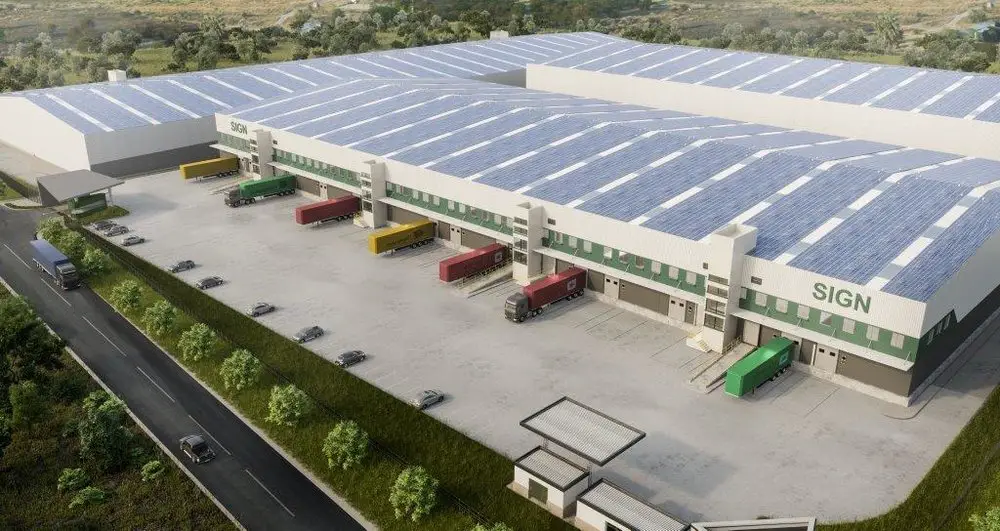The government of Kenya has received a major boost in its quest to construct special economic zones (SEZs) and industrial parks after World Bank came on board to provide technical support. The World Bank has approved a deal to offer advisory services in the development of a legal and regulatory framework for the project.
The project which is being implemented by the group’s arm that deals with investment and advisory services, The International Finance Corporation (IFC) at a cost of US $4m will run through December 2021 as it aims to attract private sector development in the region.
According to IFC the Kenya Investment Generation Project will help streamline the legal, regulatory and administrative environment for SEZ development in the country. In addition, the project aims to boost the economy by creating jobs, creating a quality environment for investment and improve manufacturing among other interventions.
Also Read:Plans to construct Dongo Kundu Special Economic Zone (SEZ) pick up pace
Supporting Kenya’s development goals
“The project is going to support Kenyan’s development goals of Special Economic Zones and industrial parks in order to attract developers and investors resulting in new investments,” says IFC in a disclosure. “This will ensure viability and economic usefulness of the zones and industrial parks in Kenya towards achieving its goals of increasing manufacturing share of GDP, generating investments and boosting quality industrial infrastructure development,” added the statement.
On the other side UNCTAD said that although most countries SEZs are targeted on manufacturing and exports in low skill, the labor-intensive industries like textiles and garments in some countries bring higher value addition.
Currently, Kenya has 61 SEZs, the largest number in Africa making up a quarter of the existing 237 SEZs. This is according to the United Nations Conference on Trade and Development June report. Moreover, SEZs in the country currently enjoy tax incentives corporation and value-added taxes, among other packages as a means of the government cutting down on the costs of operation.

Leave a Reply